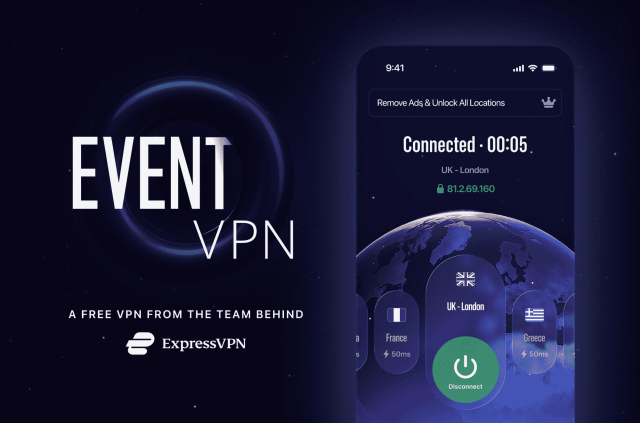
When Apple goes to court, it tends to be in service of its own piggy bank. In 2013, the DoJ sued Apple for conspiring to raise and fix the price of ebooks, and Apple fought and lost to the tune of $450 million. Earlier this year, the DoJ and the FTC began probing Apple for evidence of anticompetitive measures against Spotify and other free music providers. Apple has such a history of contention that it even has an antitrust monitor installed on its campus, courtesy of the U.S. judicial system.
But recently Apple has tangled with the law to fight for a different set of rights: yours. This summer, police ordered Apple to decrypt an iMessage conversation happening in real time between some suspects. Apple declined. Not out of pure defiance, but pure math: texts sent from within the iMessage app are encrypted by a mechanism so powerful not even Apple can break it. (Fortunately for Apple, they were spared the full brunt of the Justice Department’s frustration thanks to Microsoft own legal battle over their refusal to divulge customer emails.)
Above the Long Arm of the Law
Predictably, law enforcement officials are none too pleased that a power literally beyond the law — strong encryption — is being issued to citizens en masse with every new iPhone. Manhattan District Attorney Cyrus Vance Jr’s editorial in the New York Times bemoans the encryption that transforms a suspect or victim’s phone from a teeming treasure trove of leads and evidence into a useless brick. He argues that smartphone encryption helps murderers, kidnappers, and terrorists stay at large, and that danger outweighs the “marginal” benefits of encryption.
Tim Cook Has Your Back
Apple CEO Tim Cook, meanwhile, maintains the greater danger is a world where police are given a backdoor into encryption. At a digital privacy conference earlier this year, Cook made his (and Apple’s) stance clear:
If you put a key under the mat for the cops, a burglar can find it, too. Criminals are using every technology tool at their disposal to hack into people’s accounts. If they know there’s a key hidden somewhere, they won’t stop until they find it. Removing encryption tools from our products altogether, as some in Washington would like us to do, would only hurt law-abiding citizens who rely on us to protect their data. The bad guys will still encrypt; it’s easy to do and readily available.
Apple’s less-than-cooperative stance on government requests for its users’ data is enshrined on the privacy section of its website. The privacy policy boasts: “Our commitment to customer privacy doesn’t stop because of a government information request.” Public statements like this entitle Apple to its five-star rating in the latest “Who Has Your Back” report from the Electronic Frontier Foundation.
Earth’s Mightiest Heroes
Thankfully, Apple isn’t the only major tech company taking a stand against government attempts to weaken encryption. In May of this year, Apple and 47 other companies (including Google, Microsoft, Facebook, and Dropbox) appealed to the executive branch, urging Obama to reject any proposition that would force software providers to undermine the security of their own software.
Continued attempts by the government to weaken encryption are more likely a function of lack of technical knowledge than pure malice. The sooner policymakers understand how powerful encryption is, the sooner they will see how it helps society more than it hurts it.
Featured image: Andy Dean / Dollar Photo Club
Take the first step to protect yourself online. Try ExpressVPN risk-free.
Get ExpressVPN










